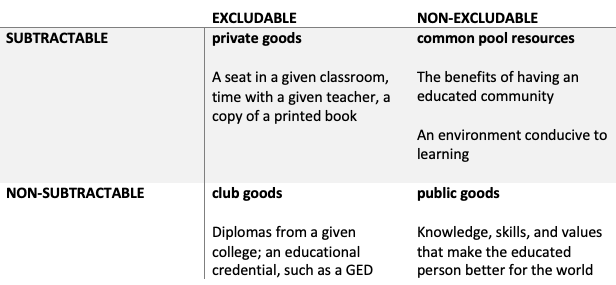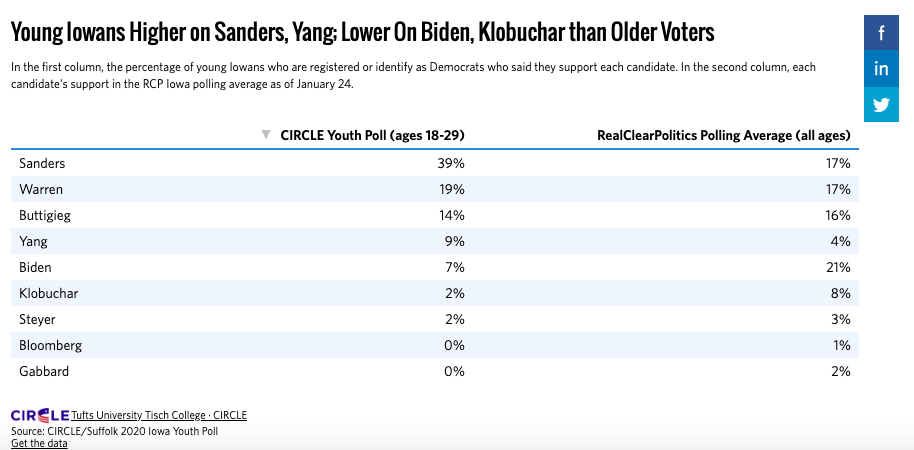- Facebook615
- Twitter2
- Total 617
Everyone should read Politics Is for Power: How to Move Beyond Political Hobbyism, Take Action, and Make Real Change by my friend and colleague Eitan Hersh. It is a gentle and disarming critique of how many of us spend our time and energy as citizens. It comes with valuable suggestions for how to improve our impact. Read the whole thing, but for a teaser, see Eitan’s recent New York Times op-ed, “Listen Up, Liberals: You Aren’t Doing Politics Right” (subtitled “Politics is about getting power to enact an agenda. And the only way to do that is face-to-face organizing.”)
My response is to audit my own political activity to select work that meets these criteria: 1) The issues and problems are important. 2) I might be able to shift some people’s opinions or behavior by expressing my views to individuals who trust–or could trust–me. And 3) These people have–or could have–influence over decisions, e.g., by voting in an actually contested upcoming election, by changing their own organizations, by building new organizations, or in other ways.
Using those criteria, here are some possible foci for my own attention, ranked from most valuable (#1) to least worthy (#7). Your list will be different, because everyone has a unique set of assets and opportunities.
- Advocate for changes in the state and local policies and the available materials for civic education in US schools. This is not the world’s most important issue. (It isn’t the earth’s climate.) But I have been paid to work on it for decades and have some comparative advantages in terms of credibility, information, access, and networks. Then again, I must be careful not to be satisfied with working on this issue, for which I am paid and assessed. I should also be engaged on other issues in my own time.
- Advocate for affordable housing in Cambridge, MA, where I live. Dense and affordable housing in a city with excellent public schools would be good for the climate and for racial and economic justice. Housing is a salient and contested issue in our city. Most neighbors believe in affordable housing abstractly, but the proposed policies are deeply contested. I hold views on the matter, and if I invested my time, I might be able to make persuasive arguments to undecided voters within my own networks of trust, and expand those networks.
- Form relationships and exchange ideas with people in one or more other countries, especially countries that do not get a huge amount of attention in the US and about which I might have some direct knowledge. Even though the geographical scale is large, people can increase the odds of peace and understanding through informal diplomacy and by educating their own fellow citizens back home.
- Advocate for policies within Tufts, where I work. I do this every week while sitting in committee meetings or sending emails. Sometimes, the issues are significant. I have an increment of influence here. But I also face both practical and ethical limitations as a middle-manager. There are issues on which it is appropriate and important for me to advocate, and others that really aren’t in my domain. Drawing that line can be an ethical challenge for anyone who works within a Weberian organization.
- Advocate specific policies to presidential primary candidates and legislators. I am not going to accomplish anything by taking a stand on the major policy issues of the day, such as single-payer healthcare or Iran. But there are specific issues on which I might have some special expertise and credibility and an ability to be mildly influential. For example, I believe that a Green New Deal (of any scale) must incorporate citizen participation in order to be effective. This is something I could advocate.
- Take and express a view on the Democratic presidential primary candidates. Millions of others are also doing that, and almost every point that could be made has been made. Still, my social network includes a wide distribution of Democratic primary voters, from strong Democratic Socialists to committed centrists, and I suppose I might shift someone’s view by making a good point. (The reason I haven’t done this yet is that I am deeply torn and don’t know where I stand. Maybe I should just figure that out for myself and quietly cast my secret ballot on March 3.)
- Take and express a position on the impeachment of Donald J. Trump. The decision-makers are the members of the US Senate. My senators (Warren and Markey) are 100% likely to convict. Approximately 1 bazillion words have already been said or written about this topic. Among those words are many annoying ones that I could criticize all day. But everyone I know has already made up their minds. I have no special expertise, influence, or leverage. This is one of those bright, shiny objects that lures my attention and distracts me from actually improving the world.




